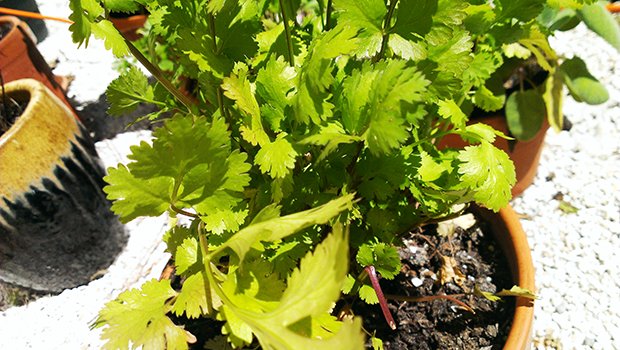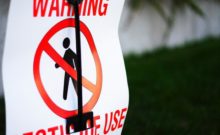 Organic is Safe – Right?
Organic is Safe – Right?
The organic seal offers an assurance that you are providing safe and healthy food for your family. There are a growing number of health-conscious people resisting the use of toxic pesticides on their food. You should have a sense of confidence when you purchase organic products. However, simply finding a label and making a purchase doesn’t guarantee safety. Just because food is labeled as organic may not mean it’s 100% pesticide-free! What?!
Organic Farm Production
The organic food industry has been one of the fastest growing consumer markets in the United States since before 1970. Since November 5, 1972, the International Federation of Organic Agriculture Movements (IFOAM) has been the internationally-recognized authority for regulating organic food. In the U.S., the United States Department of Agriculture (USDA) certifies organic food production through state agencies and independent, IFOAM-accredited agencies that report to the U. S. Environmental Protection Agency (EPA) and Food and Drug Administration (FDA).
A farmer wanting to ensure the public is aware of their hard efforts, pay for their certification. This is why you will see “Certified Organic” on many organic products. But to gain this certification the farmer has to follow stringent growing and production practices. While they can offer a guarantee that their product is grown organically and free from farmer applied toxic chemicals – No one can control their environment 100%. They also can’t control what happens to your food before it gets to you after it has left the farm.
Pesticide-free or Not?
Organic farmers must adhere to strict guidelines and regulations to be certified as organic. Farms and processes must submit to annual visits, and produce and livestock is submitted for testing. However, no one can completely control their environment. Air pollution, cross-contamination by wind drift and even from handling can all contribute to your organic food not being as toxic-free as you would hope. Let’s be really honest – you have no idea who squeezed that melon before you placed it in your cart! Their hands may have just been all over the non-organic grapes. From environmental factors out of the control of the farmer, to the process your food has to go through to reach your grocery shelves, to actually bringing that organic food into your home – contamination is possible.
Take Back Your Organics!!
There is growing concern over the health issues that arise from the use of inorganic pesticides, fertilizers and antibiotics in food production. According to the United States Organic Food Market Forecast & Opportunities report, 81% of American families now purchase organic food at least sometimes. But, how can you ensure the best organic meats and produce? Pick up an organic, chemical-free, 100% natural food wash like iGOZEN. It really is that easy! When food is grown organic this means that the farmer took care to use natural means of controlling pests and weeds. There are several accepted methods for organic farmers to use in controlling pests and diseases. Crop rotations and planting companion crops are both organic methods of controlling disease and maintaining nutrient levels in the soil. Additionally, some companion crops can be used to deter animal pests. Insects are typically controlled through the use of physical barriers, insect traps, predatory insects and microorganisms. From there all you have to do is make sure you clean your food with a food wash that can breakdown any residual cross-contamination. Water is good but an actual food wash is better because it has been formulated to break down the pesticides and return your food to the proper pH. Proper pH helps to neutralize bacteria too!
Applications & Resources
- Find out more about organic practices around the world at IFOAM
- Check out what iGOZEN can do for you AND your home!

